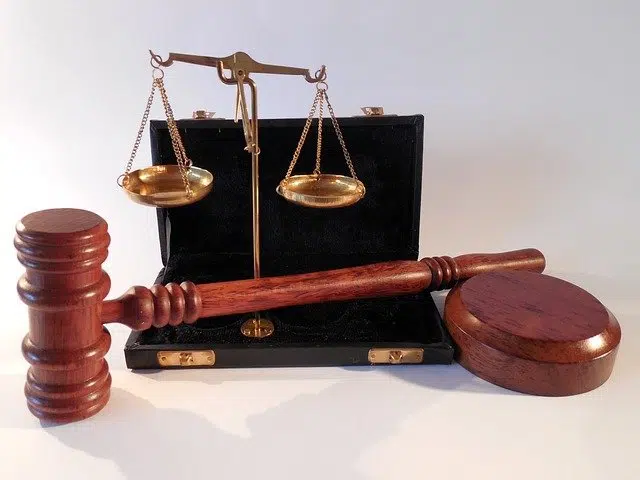
Conciliation is the act of reaching an agreement between two parties who had opposing positions.
The etymology indicates that conciliation is a term derived from the Latin conciliatio . The concept refers to the act and consequence of conciliating : agreeing, making compatible, agreeing. It is the action of getting two or more opposing parties to reach an agreement to get along, in peace .
A conciliation, therefore, consists of reaching an agreement on something. The notion is linked to putting aside differences to end a conflict or dispute . For example: "The head of the block of pro-government senators committed to seeking conciliation with the opposition leaders" , "The government ordered conciliation between the company and the workers" , "The governor announced that he will promote a conciliation act to bring both peoples closer .
Conciliation in law
In the field of law , conciliation is the agreement reached by litigants, with the intervention of a third party, to conclude a lawsuit in progress or to prevent its initiation. Conciliation, in this framework, is a tool for conflict resolution.
With a judicial conciliation a dispute can be concluded without the need to reach a sentence ; In other words, it is a special form of closure of the process. This process is directed by the judge, who proposes the conditions of the agreement and then, if accepted by the parties, validates it with res judicata effectiveness.
A preliminary conciliation , for its part, allows the process to be resolved without the need for a trial . In this case, the third party can be any individual and the agreement is equivalent to a transaction (a bilateral contract through which the parties are allowed to extinguish doubtful or contentious obligations, making mutual concessions), something that makes it a very flexible mechanism. .

A judicial conciliation is a tool that allows conflicts to be resolved.
The case of Peru
In Peru, for example, the law establishes that extrajudicial conciliation is an institution that allows the parties to a judicial process to go to a specialized Center to help them resolve their conflicts in a consensual manner. This alternative mechanism is not only faster than a trial, but it is also cheaper.
It must be held with the participation of a conciliator, who mediates between the parties to ensure that they communicate clearly and concisely, complying with all legal requirements to be able to overcome their differences and achieve an agreement that satisfies them.
It is important to keep in mind that, in some legislations, trying to achieve conciliation may be a mandatory step within the framework of a legal process or before filing a lawsuit .
Conciliation record
A document in which the will of the parties to a specific dispute is recorded, including the last declaration of a conciliation, is called a conciliation record . The conciliation document has legal value, so that if the parties involved in the process do not comply with the points established therein, these will be immediately executed on a mandatory basis.
One of the most notable characteristics of the conciliation act is that it can be executed in less time than other processes, such as legal disputes or legal trials. Regarding its content, it must indicate the date and place of celebration, official information about each of the parties, such as their name, surname and number of the conciliation document, as well as a description of the events described in the request made. previously, the signature and fingerprint of the parties and the conciliator, and the agreement itself.
It is very important to keep the conciliation record in good physical condition, without crossed outs, erases or amendments, since its validity depends on this.
